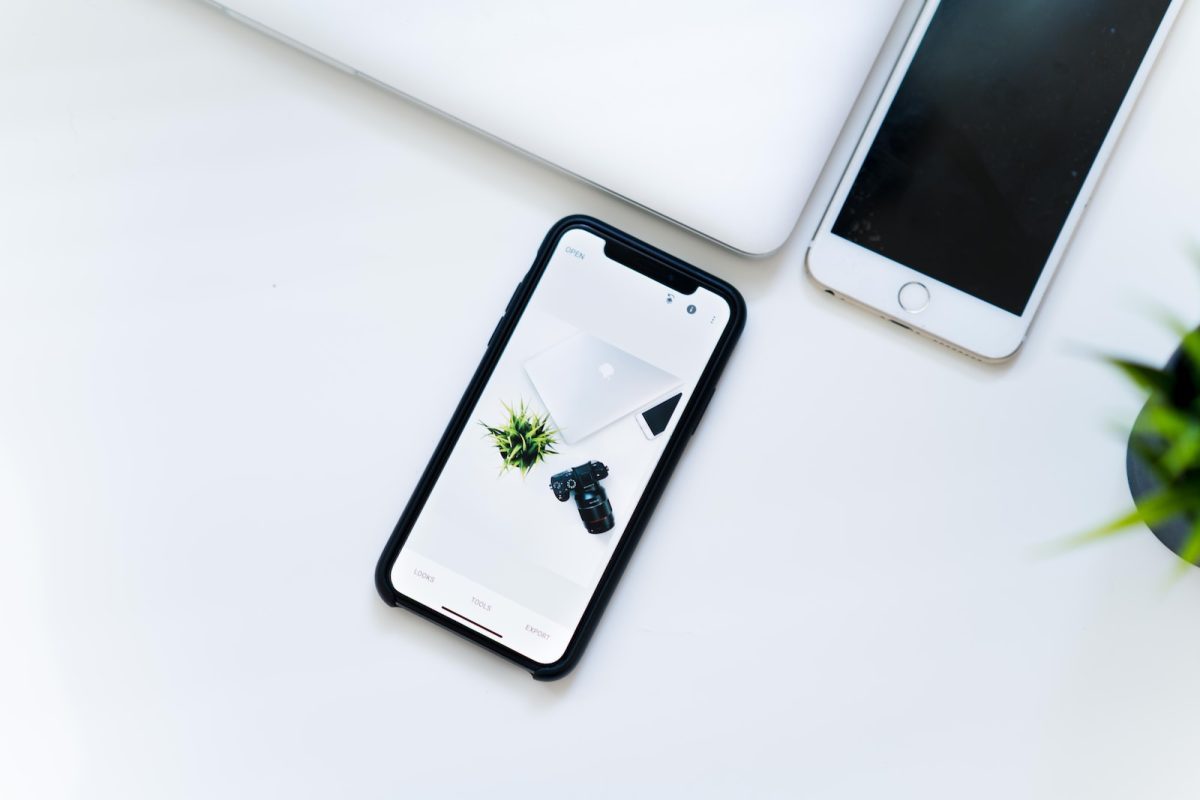Mobile Phone Security Tips: Protecting Against Hackers in 2023

February 9, 2023
Mobile phones have become a ubiquitous part of our lives, storing sensitive and personal information, making them a prime target for hacking attempts and malware attacks. No phone is completely secure, which is why it’s important to take steps to protect your data and privacy. In this article, we’ll discuss how to secure your mobile phone in 2023.
How to Secure Your Mobile Phone in 2023
1. Use a VPN and Antivirus Software
One of the best ways to secure your phone is to use a virtual private network (VPN) and antivirus software. VPNs encrypt your internet traffic and hide your IP address, making it much more difficult for hackers to spy on you or steal your information. Antivirus software can detect and block malicious files that you may accidentally download, such as malware or phishing scams.
You can download VPNs and antivirus software for both Android and iOS. There are many free options available, but paid options offer more robust protection and features. For example, a Norton antivirus subscription ranges from $19.99 to $44.99 and includes a Wi-Fi Security feature that alerts you to the security of the network you’re connecting to. If you’re not satisfied, you can request a refund within 60 days.
2. Download Apps from Trusted Sources
Another important step in securing your phone is to only download apps from trusted sources, such as the Google Play Store or Apple App Store. These sources have strict security measures in place to prevent malware and scams from appearing in their app stores. In addition, it’s important to regularly update your apps and operating system. Updates not only improve your phone’s performance, but they also offer new security features and bug fixes.
3. Use a Complex Password
In addition to facial recognition and fingerprint scanning, which are not always secure, it’s important to use a PIN code or password to lock your phone. When creating your password, make sure to use a combination of numbers, letters, lowercase and special characters. A password of at least 16-20 characters is recommended, and it’s important to change it at least once a year or more frequently.
4. Beware of Spam Emails and App Permissions
Be cautious of spam emails and links, as they often contain viruses and malware that can harm your phone. If you suspect an email or link, report it and do not open it. Additionally, it’s important to limit the permissions requested by apps, such as location or photos, to protect your privacy. Always be aware of the permissions you’re granting to apps and consider whether they’re necessary.
5. Avoid Jailbreaking
Finally, avoid jailbreaking your phone. Jailbreaking involves unlocking the operating system, allowing you to install any app, even those not approved by Apple, which can pose a security risk. While jailbreaking can offer some benefits, such as customizing your phone, it’s not recommended for the average user due to the security risks involved.
Conclusion
In conclusion, securing your mobile phone is an important step in protecting your personal information and privacy. By using a VPN and antivirus software, downloading apps from trusted sources, using a complex password, being cautious of spam emails and app permissions, and avoiding jailbreaking, you can greatly improve the security of your device. Remember to always keep your phone with you, protect it with a strong password, and limit the access of apps to your personal information. By following these simple steps, you can protect yourself from cyber criminals and keep your sensitive information safe.
In addition to these measures, it’s also important to educate yourself about the latest threats and security updates. Regularly checking for software updates and staying informed about the latest security trends can help you stay ahead of the game and protect yourself from new types of cyber attacks.
Ultimately, the best way to secure your mobile phone is to be proactive about your online security. By taking the necessary precautions and remaining vigilant, you can ensure that your personal information stays safe and secure, no matter where you go or what you do.








